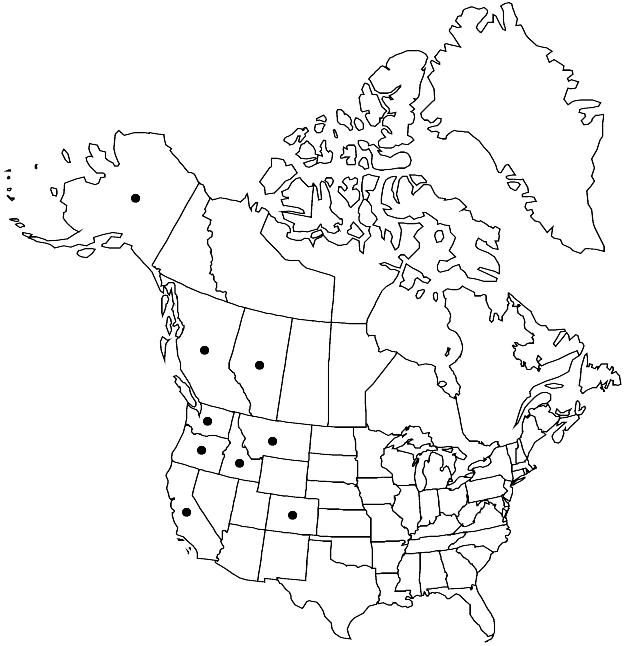Difference between revisions of "Sciuro-hypnum hylotapetum"
Arctoa 11: 270. 2003.
imported>Volume Importer |
imported>Volume Importer |
||
| Line 54: | Line 54: | ||
|publication year=2003 | |publication year=2003 | ||
|special status=Endemic | |special status=Endemic | ||
| − | |source xml=https:// | + | |source xml=https://bitbucket.org/aafc-mbb/fna-data-curation/src/2e0870ddd59836b60bcf96646a41e87ea5a5943a/coarse_grained_fna_xml/V28/V28_720.xml |
|genus=Sciuro-hypnum | |genus=Sciuro-hypnum | ||
|species=Sciuro-hypnum hylotapetum | |species=Sciuro-hypnum hylotapetum | ||
Latest revision as of 21:37, 5 November 2020
Plants large, in loose tufts, whitish to pale yellowish. Stems to 10 cm, creeping, ascending to almost erect in dense growth, straight or flexuose, terete- to complanate-foliate, irregularly pinnate, branches to 16 mm, slightly curved or flexuose, indistinctly to often distinctly complanate-foliate. Stem leaves patent, loosely arranged, broadly ovate, moderately concave, not plicate, 2.2–3.7 × 1.3–2 mm; base narrowly short-decurrent; margins plane or recurved below broadest point of leaf, slightly serrulate to subentire, serrulate to serrate in apex; apex short-acuminate or apiculate; costa to 40–65% leaf length, broad near base, then evenly narrow, sometimes 2-fid, terminal abaxial spine absent; alar cells larger than juxtacostal cells, to 40–75 × 20–27 µm, walls thin, region indistinctly delimited; laminal cells linear, (80–)110–155(–185) × 7–13 µm; basal cells shorter, broader than laminal cells, region in 2–4 rows. Branch leaves with margins more serrulate to serrate; apex more gradually acuminate. Sexual condition dioicous. Seta chestnut to purple-red, 1–3 cm, rough. Capsule horizontal, reddish, oblong, curved, length variable, 1.5–2.5 mm. Spores 12–20 µm.
Habitat: Litter, duff, rotten wood, rock and mineral soil in coniferous forests
Elevation: moderate elevations (800-1500 m)
Distribution

Alta., B.C., Alaska, Calif., Colo., Idaho, Mont., Oreg., Wash.
Discussion
The endemic Sciuro-hypnum hylotapetum has been reported from Alaska (W. C. Steere 1978) and California (D. H. Norris and J. R. Shevock 2004). The species is easy to identify by its robust stature, leaves longer than 3 mm, and light green to whitish color. The usually apiculate leaves and recurved leaf margins near the insertion are also diagnostic. The plants are strongly glossy; the leaves are broadest at 1/7 the leaf length. Sporophytes are rare.
Selected References
None.